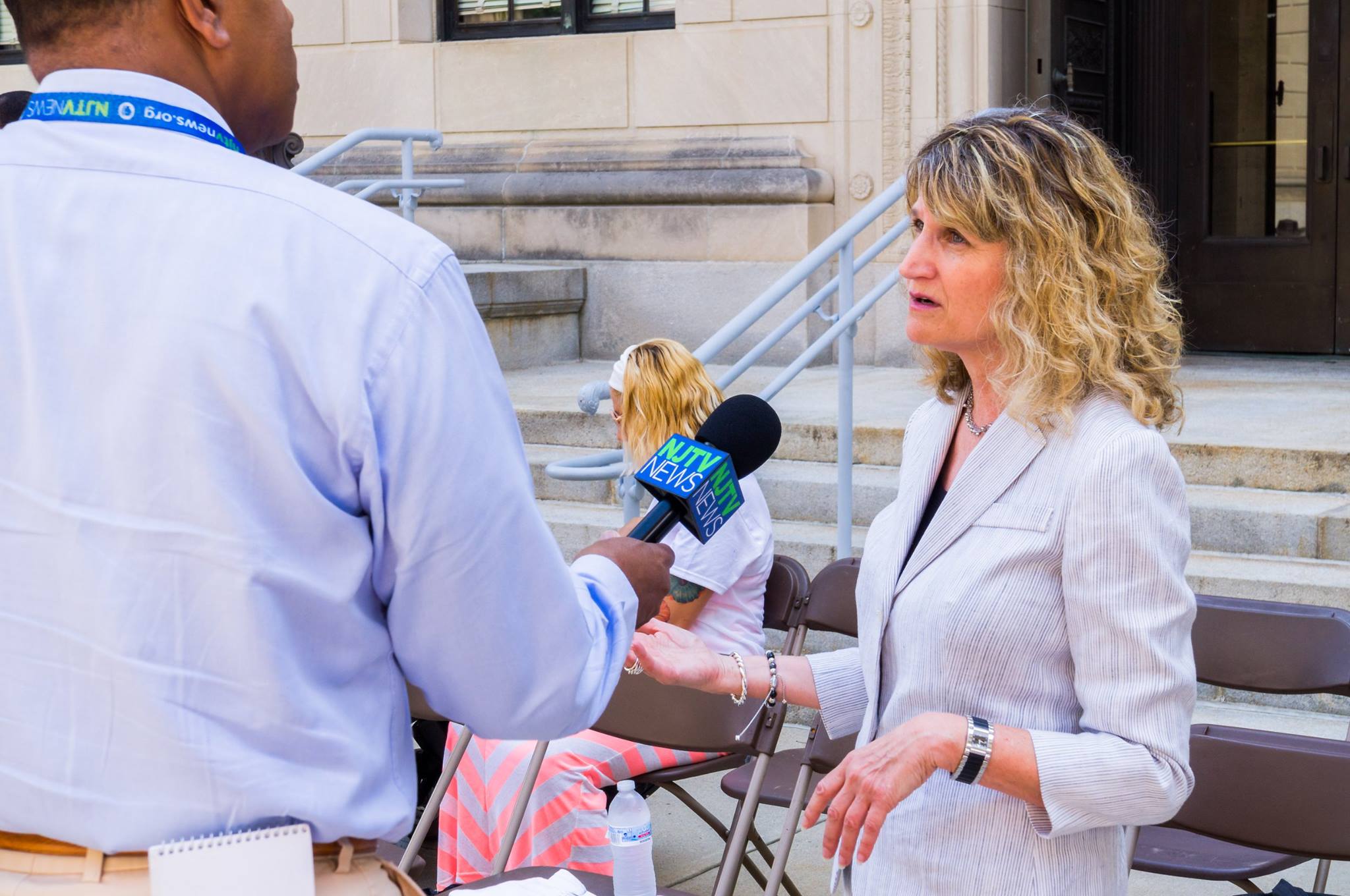Press & Media Center
If you are interested in submitting an article, op-ed, or blog for AAPD’s News updates please email communications@aapd.com.
The American Association of People with Disabilities has media staff available to handle inquiries from journalists on national issues affecting the political and economic power of people with disabilities.
To schedule an interview with an AAPD expert, email communications@aapd.com.
AAPD is working remotely amid the COVID-19 pandemic. Broadcast interviews may be conducted via Zoom, Skype, or FaceTime.

